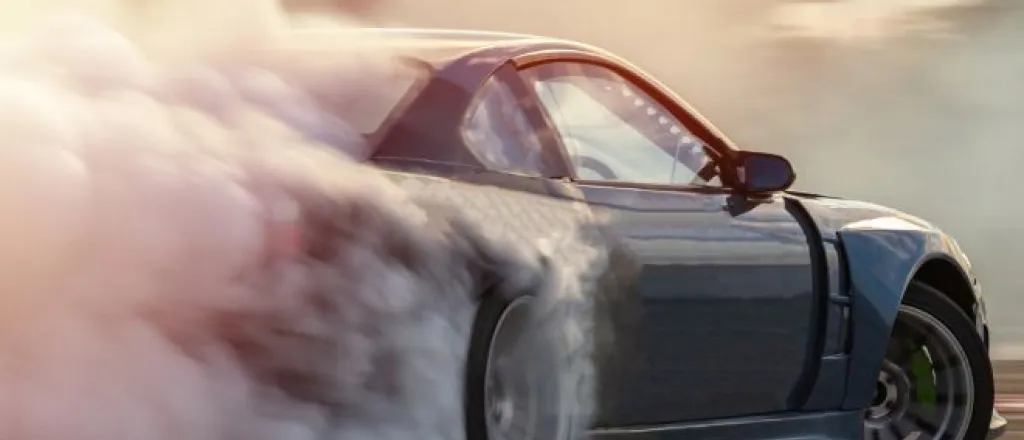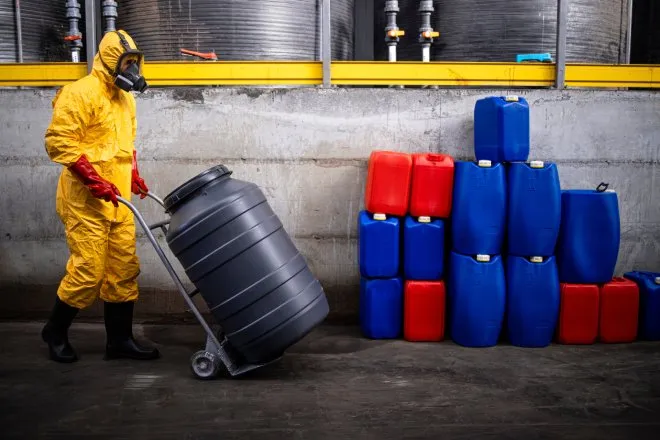
Interesting facts about McLaren automobiles
If you’re the type of person who loves all things having to do with cars, then you’re likely familiar with McLaren. This British automotive company has a storied history of setting the lead with amazing innovations in the field. Considering the brand’s efforts to strive toward consistent and incredible performing products, it’s no wonder why McLaren makes some of the most powerful automobiles in the world. Read on to explore some interesting facts about McLaren automobiles.
The fastest car
How is it possible that a car that debuted in 1992 still holds the record for the fasted car in the world? Well, there are some distinctions to keep in mind when it comes to this fun fact. For 24 years, the 1992 McLaren F1 has held the world record for this distinction. In fact, the F1 performed beyond the company’s goal of 200 miles per hour. When put to the test, the McLaren F1 reached the incredible max speed of 243 miles per hour.
First to use carbon fiber
Supercars are extraordinary works of design and engineering that are unlike anything else on the market. But even in that regard, McLarens stand out from the rest. So, what makes a McLaren unique compared to other supercars in its class? Among other things, vehicle materials play a key role.
The McLaren automobile company implements a carbon fiber monocoque chassis to create a car that is more durable, stronger, and lighter than most. One of the most interesting facts about McLaren automobiles is that it was the first company to utilize carbon fiber, doing so all the way back in 1981. That pioneering spirit is something that continues to permeate every McLaren design.
A sustainable company
Sustainability is on the minds of everyone nowadays. Many of us look to companies to make changes in their business practices and contribute to a more eco-friendly world. McLaren is making leeway in this area; the auto manufacturer made the commitment to reduce CO2 emissions from its motors and recycle 60 percent of the waste the company produces.

















